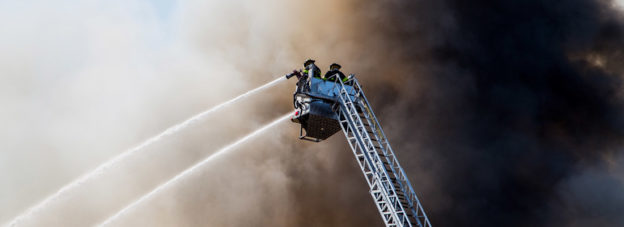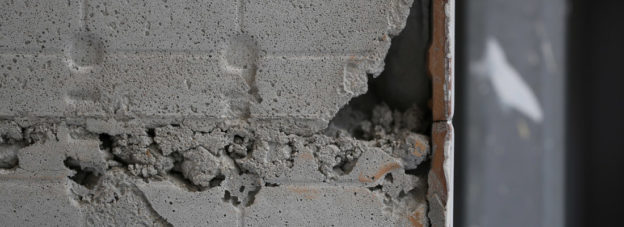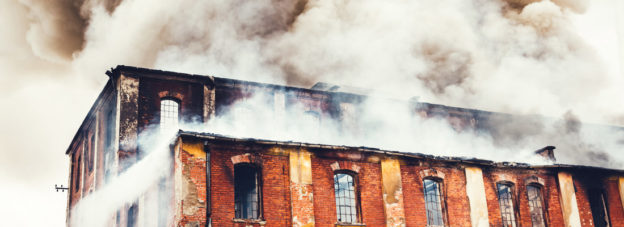Pennsylvania recognizes the malfunction theory in product liability cases. This theory allows a plaintiff to circumstantially prove that a product is defective by showing evidence of a malfunction and eliminating abnormal use or reasonable, secondary causes for the malfunction. The malfunction theory is available to plaintiffs as an alternative to proving a traditional strict product liability case in those circumstances where direct evidence of a product defect is not found. In Pa. Nat’l Mut. Cas. Ins. Co. v. Sam’s East, Inc., 727 MDA 2020, 2021 Pa. Super. Unpub. LEXIS 752, the Superior Court of Pennsylvania (Superior Court) considered whether the plaintiffs could avail themselves to the malfunction theory if the plaintiffs’ expert was able to examine the product. Continue reading







